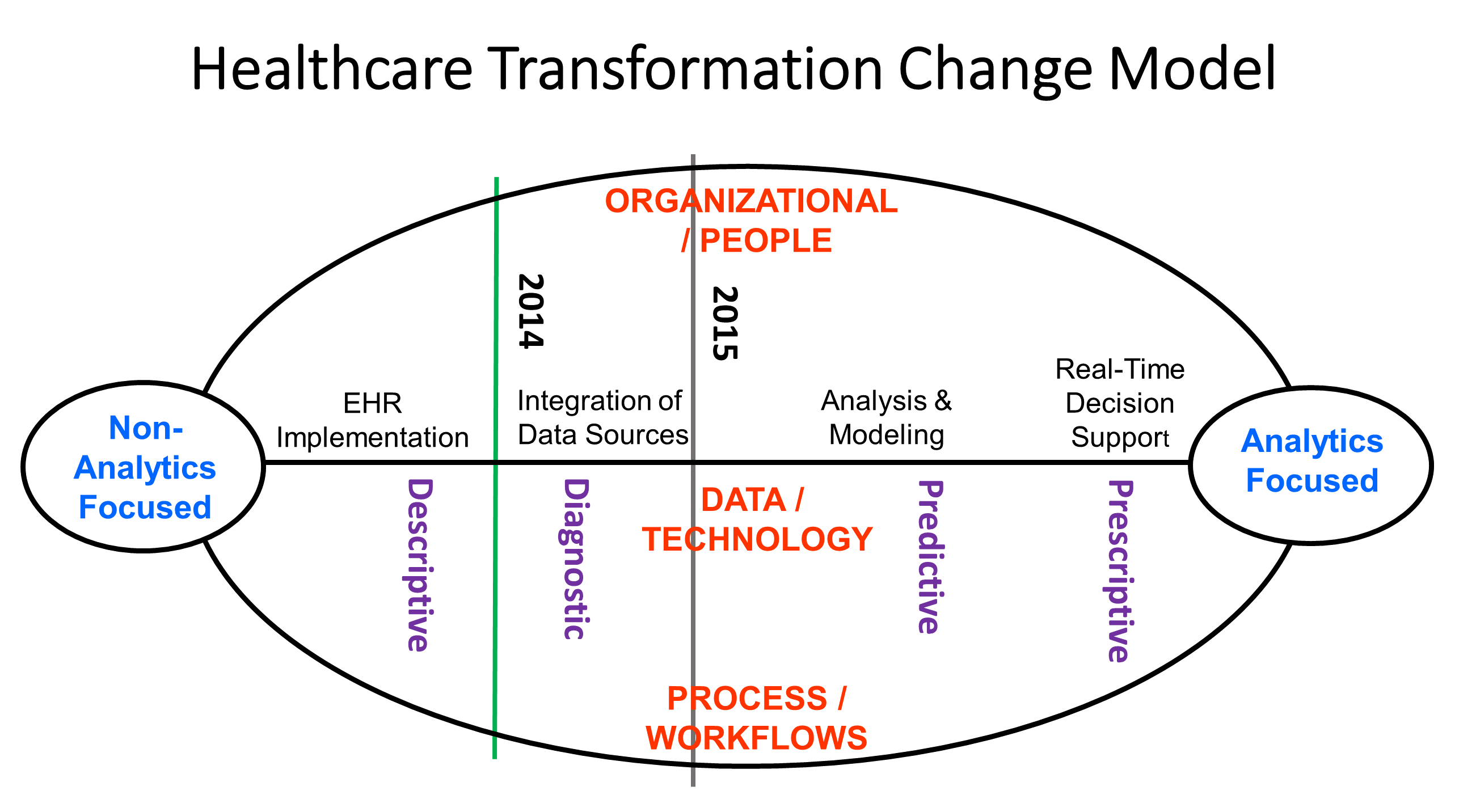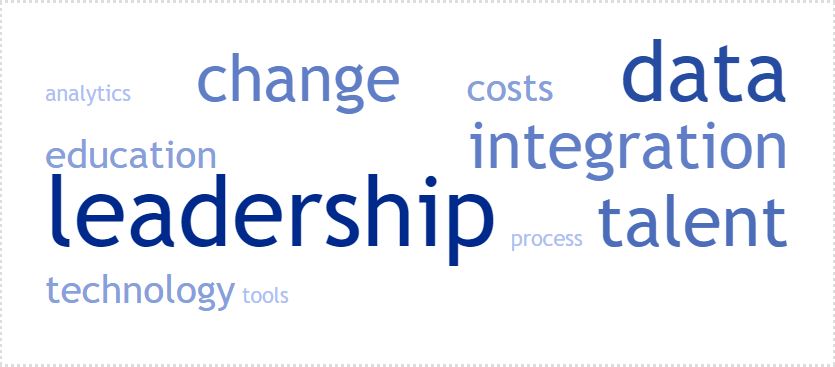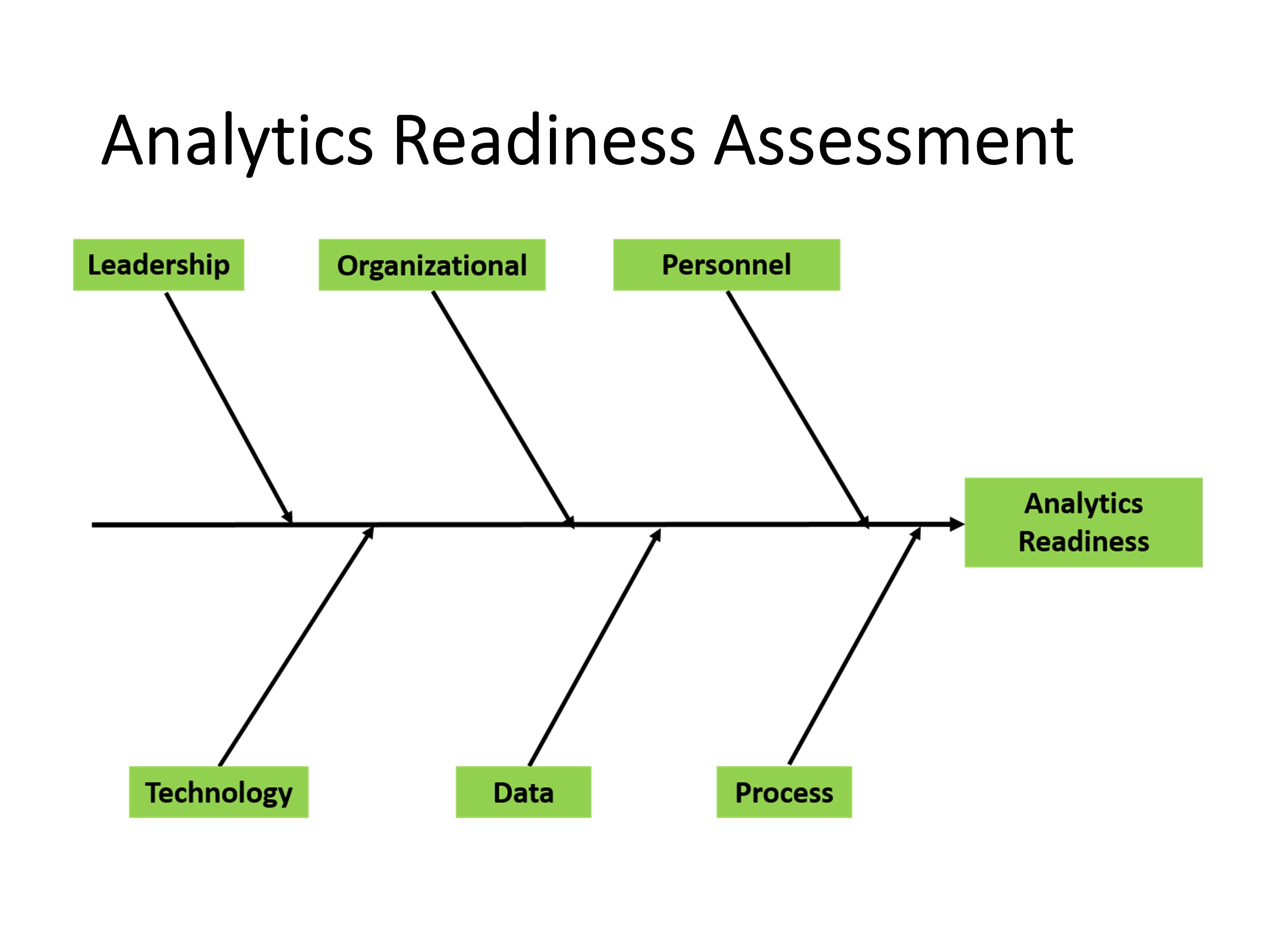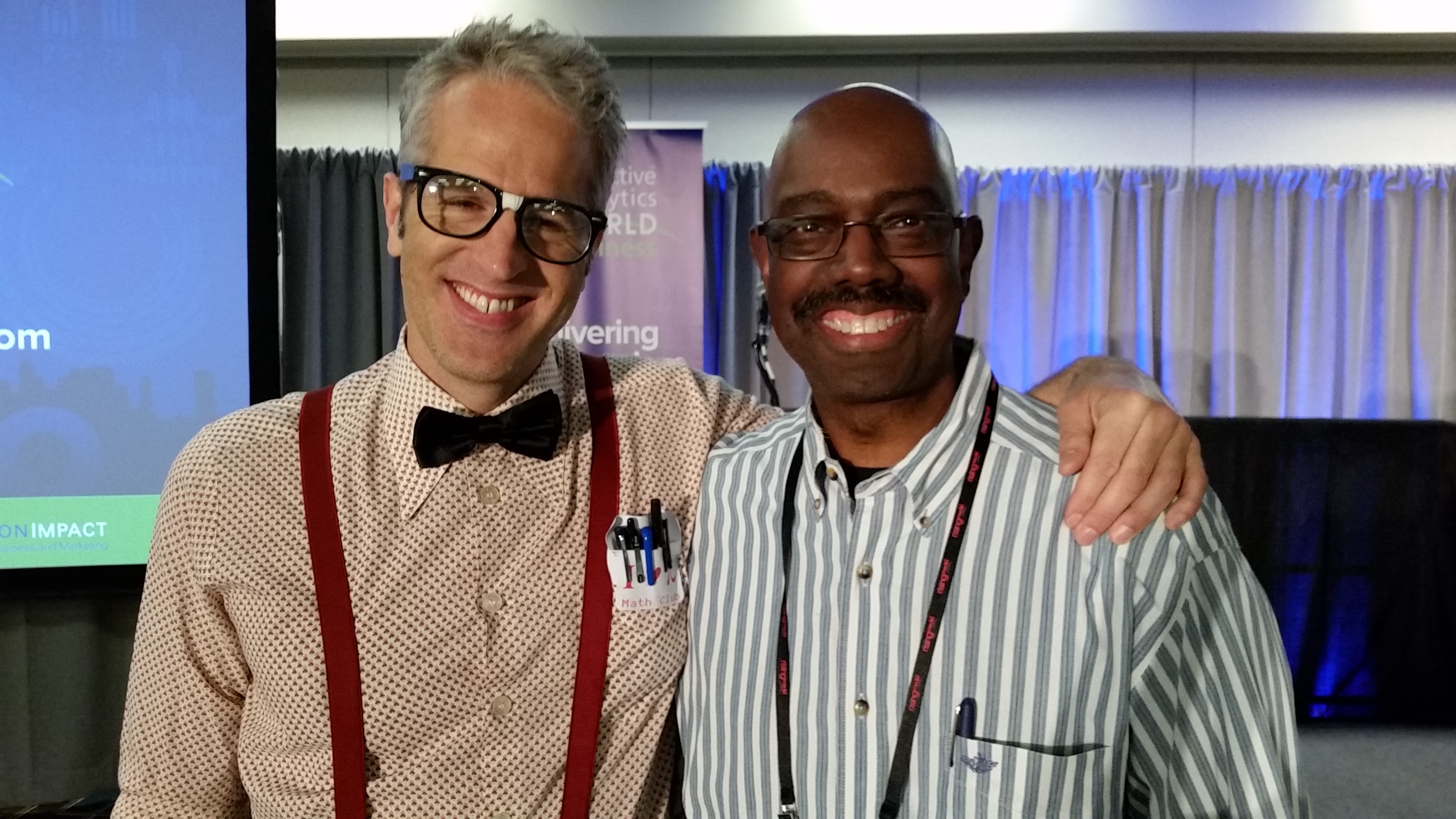Physician Experience 101: Making Lives Easier And Healthier
Category : Physician Engagement
Physicians are the ones anchoring the ship of healthcare in a sea of variables. Technological advancements are as they may, one cannot elude the touch and presence of a physician in healthcare. Everyone admits that healthcare needs to be fixed, but that would require a radical transformation where doctors would be the central players. Doctors have been known to approach their work with energy and enthusiasm and are responsible for at least 75% of all quality and cost-related decisions.







